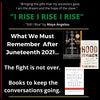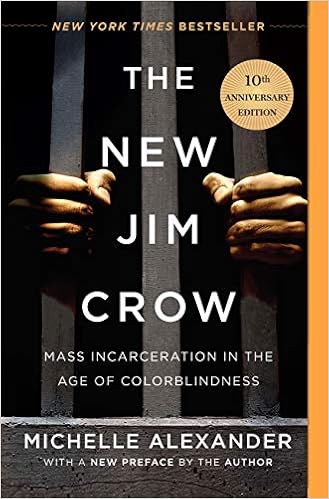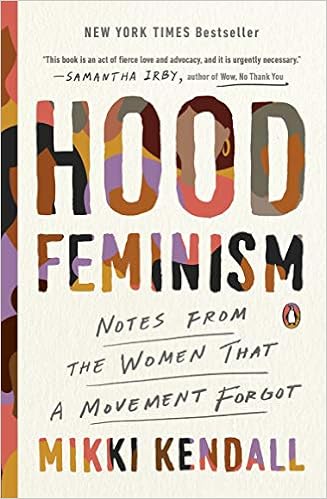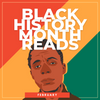
On June 17th, 2021, President Joe Biden signed a law that declared Juneteenth, which is celebrated on June 19th, a federal holiday. However, even before it was declared a federal holiday, Juneteenth had been celebrated in cities, towns, and homes across America since the late 1800s. Juneteeth commemorates the end of slavery. Although the Empanication Proclamination was originally signed in September of 1862, news of the executive ordering banning slavery took years to reach some loacations, including that of Galveston, Texas. On June 19th, 1865, Union troops finally arrived in Galveston, Texas to announce the signing of the Emancipation Proclamation. June 19th henceforth became known as Juneteenth, Emancipation Day, and/or Jubilee Day.
Juneteenth being recognized as a federal holiday, is certainly something that we should all celebrate, but what we must remember is that it is not the end. It is not the end of our nation’s fight for equal treatment of all people; regardless of race, ethnicity, gender, etc. As a nation, we have come extremely far, but we still have a long way to go before we can stop fighting and standing up for what is right. As we continue to celebrate Juneteenth this month, I encourage everyone to keep the conversations going. As James Baldwin so eloquently said, “American history is longer, larger, more varied, more beautiful, and more terrible than anything anyone has ever said about it.” The books below are some of my favorites to keep the conversation going. They are books that will help us all think critically about where we have come from, where we are presently, and where we one day hope to go with the creation of a country/world in which we are all treated equally and “capable of seeing each of us as we are with love.”
You are going to want to keep a highlighter, pen, and bookmark handy while reading the books below. Be sure to head over to the Bookedbag to grab a book protector to keep your books safe and for easy storage of your highlighter, pen, and bookmark while you are reading.
The New Jim Crow (Mass Incarceration in the Age of Colorblindness - 10th Anniversary Edition) by Michelle Alexander (2020) - Although first published in 2010, I did not pick up this book to read until this year. Colleagues, friends, and even students have recommended this book to me over the years, and I now understand why. I must say, this is a book that I found myself re-reading certain pages of because the information either took me by surprise, or required me to stop and pause to fully digest what I was reading. One of the biggest questions I found myself grappling with was: how, since its publication ten years ago, had such little changed within our country and criminal justice system despite all of the information presented by Alexander in this book?
In her book, Michelle Alexander, provides a deep analysis of the criminal justice system and the mass incarceration of black men in America. Although black men are not the only victims of mass incarceration, Alexander recognized that she needed to focus on one group for this book, and chose black men as they are a group that has been consistently victimized by America’s criminal justice system since the end of slavery in the 1800s. Alexander states that “we have not ended the racial caste [a stigmatized racial group permanently barred from the rest of society by laws] in America, we have just redesigned it.” Throughout her book, she focuses on the “how” and “why” of the current state of our criminal justice system. As well as the many laws that have been continually used to keep certain people locked up behind both the physical bars in prison and the “virtual bars,” so many are locked behind after they leave prison.
Although the current state of our criminal justice system seems hopeless, Alexander highlights that there is still hope for change; however, for change to occur it requires action on the part of people in this country. Change requires us to be knowledgeable and vocal about the need for reform and the dismantlement of the current criminal justice system. As Alexander states, “every system of injustice depends on the silence, confusion, and paralysis of those it seeks to eliminate or control,” and it is high time for us to no longer be silent nor confused about what needs to be done in this country.

Hood Feminism by Mikki Kendall (2021) - In her book; which is a collection of essays, Mikki Kendall, sheds light on some of the major issues of the mainstream feminist movement. One of the biggest being the alienation of many marginalized women (i.e. BIPOC women, immigrant women, women in poverty, etc.) from the mainstream movement. One of the most poignant quotes stated the following, “if a liberation movement’s own representatives are engaging with each other oppressively then what progress can the movement make without fixing that internal problem?” This quote is one of the many call-to-actions Kendall includes in her book. The quote puts into perspective how we all must take a look within the movements we are involved in to ensure that everyone is being included and their needs are being fought for.
Kendall states in her book that there came a time when she realized that if she “wanted to do more than survive,” then she had to fight back. This is the stance I encourage us all to take as we continue to fight for the equal treatment and freedom of every person in this country.

A People’s History of the United States by Howard Zinn (2015) - I spoke about this book in an earlier blog post, but it seems relevant to suggest it as a book that should be read in order to keep the difficult conversations going. Zinn’s book contains the stories of marginalized groups traditionally left out of the conversation in history class including African Americans, Native Americans, and women. This book allows readers to gain access to a fuller, and broader, picture of America’s past in order to help us better understand America’s present; which will ultimately allow us to create a future America we can all be proud of.



